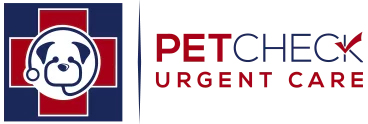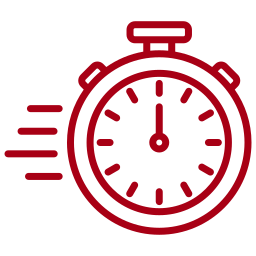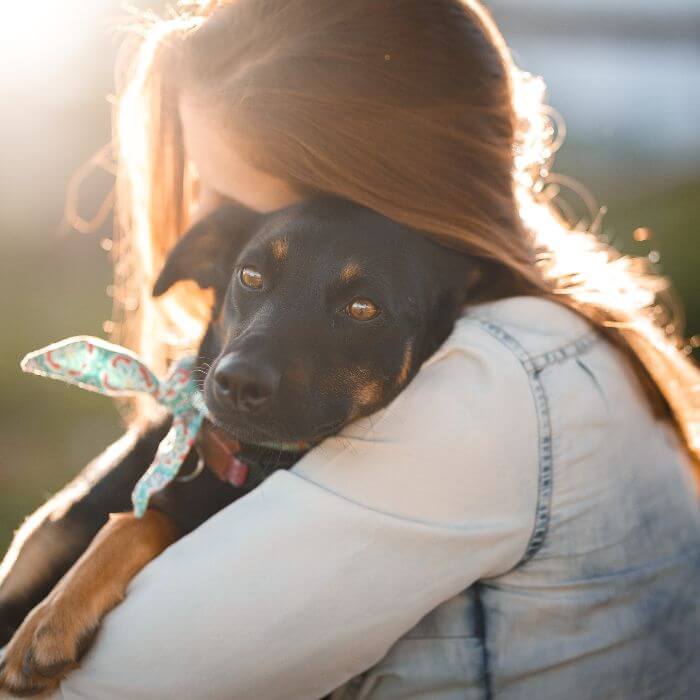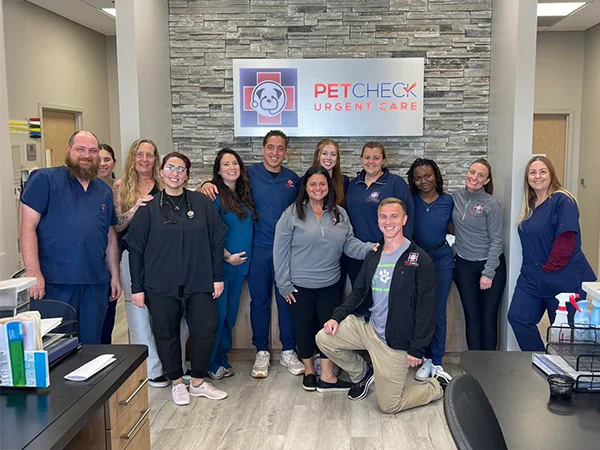


About Pet Check Urgent Care
Welcome to Pet Check Urgent Care, your trusted partner in pet health in Sewell, Deptford Township, and surrounding areas. Our dedicated veterinary hospital is committed to providing reliable and accessible care for your furry friends. Whether your pet requires urgent attention or routine veterinary services, our team is here to offer compassionate and expert care.
As your regular and urgent care vet, we’re here to comprehensively address any veterinary situation, saving you the stress and hassle of visiting multiple veterinarians for care in Sewell or Deptford, NJ.
Veterinary Care Services in Sewell and Deptford, NJ
Our dedicated team at Pet Check Urgent Care aims to give you as many good years with your pet as possible. In addition to our urgent care services, we also offer regular veterinary services, such as wellness exams for pets.

Pet Wellness Exams
We provide pet wellness exams and preventative care in addition to urgent care services.

Pet Vaccinations
Pets require lifelong vaccination to maintain immunity against diseases.

Pet Microchipping
Microchipping is a safe and painless way to create a permanent link between you and your pet.

Pet Diagnostics

Pet Wellness exams

Pet Vaccinations
Pets require lifelong vaccination to maintain immunity against diseases.

Pet Microchipping
Microchipping is a safe and painless way to create a permanent link between you and your pet.

Pet Diagnostics

Urgent Care or Emergency?

Urgent Care
- Ear infections
- Minor injuries
- Lumps and bumps
- Skin conditions and allergies
- Vomiting and/or diarrhea
- Difficulty urinating

Emergency
- Pet hit by a car
- Seizures
- Severe breathing problems
- Significant burn injuries
- Major lacerations
Have other concerns? Learn more about the difference between emergency vs. urgent care or contact one of our locations in Sewell or Deptford for guidance.
Meet Our Veterinary Team
At Pet Check Urgent Care, our veterinary team is the heart and soul of our commitment to providing exceptional pet care in Sewell, Deptford Township, and the surrounding areas. Comprised of experienced and compassionate professionals, our team is dedicated to ensuring the well-being of your furry companions.
Pet Check Urgent Care was created so your pet can have quality, compassionate care at your convenience. Please take a moment to get to know each of our veterinarians and give us a call.


